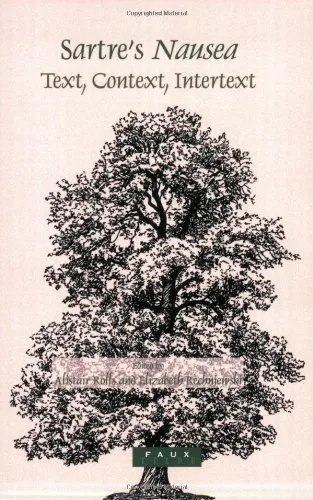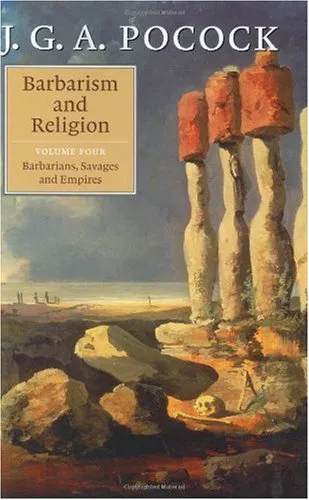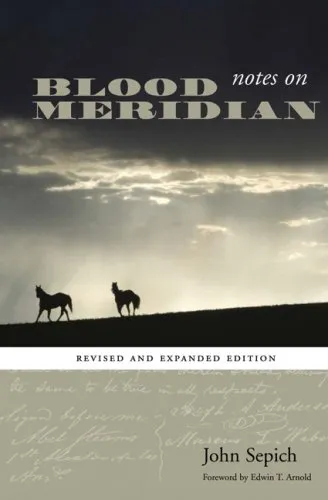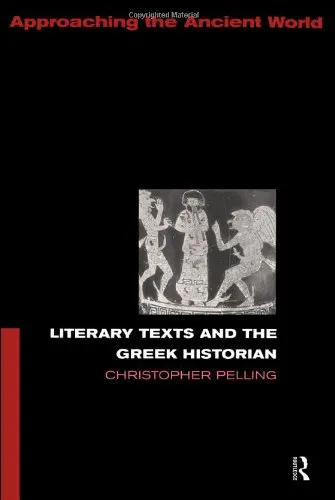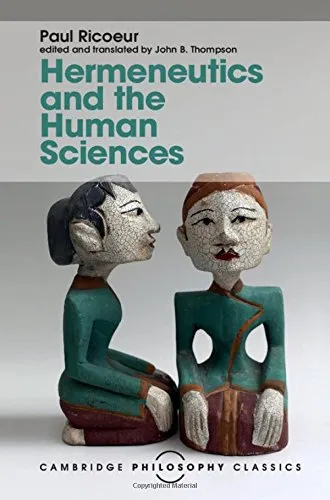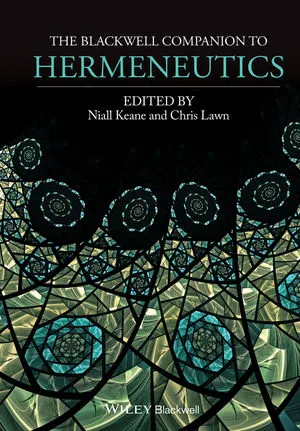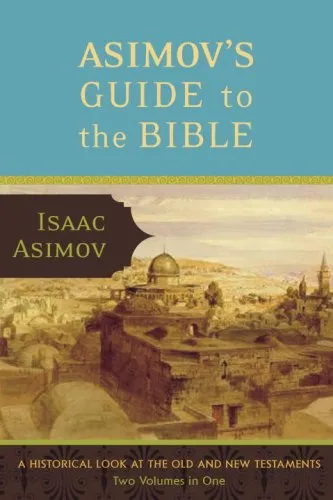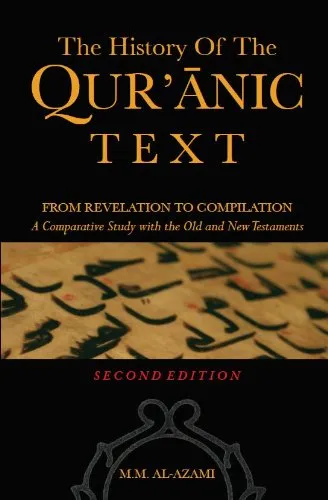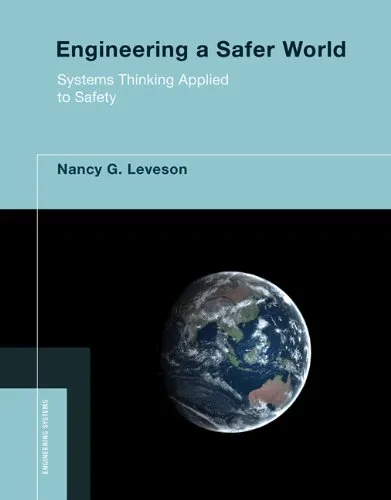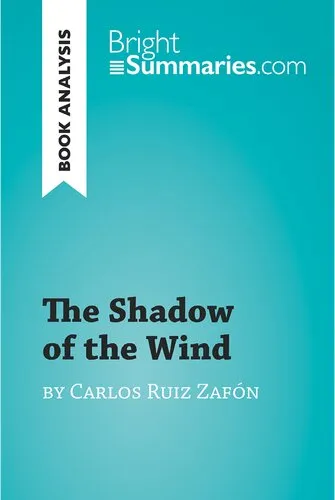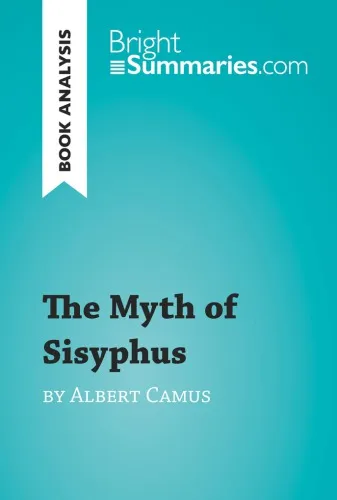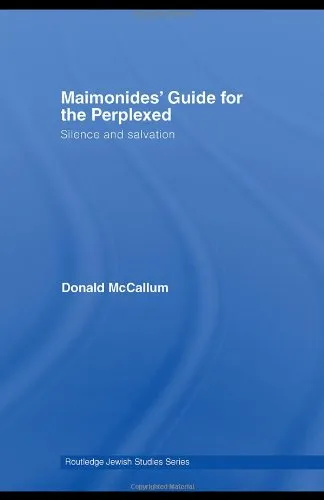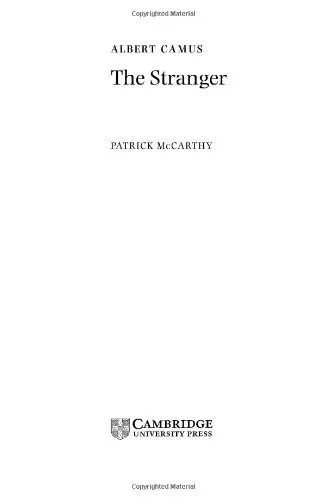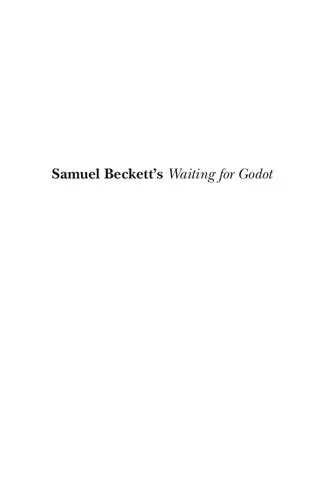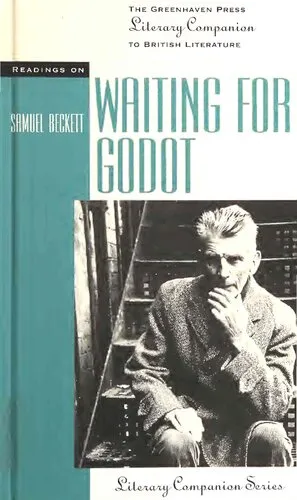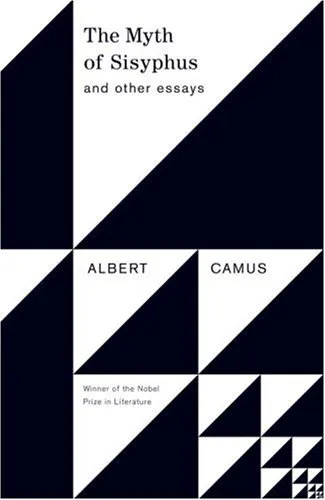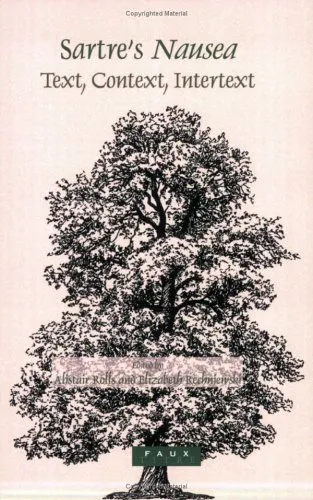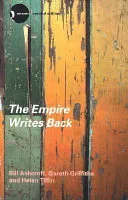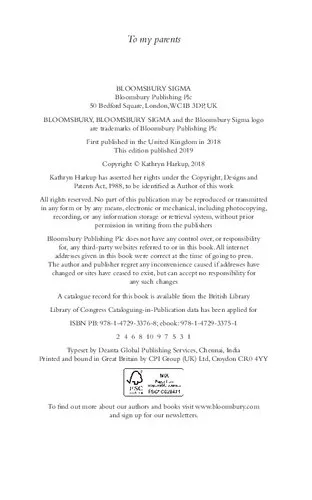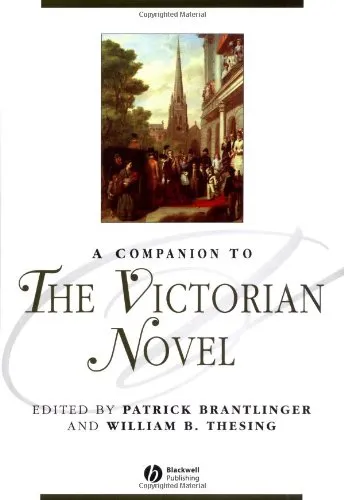Sartre's Nausea : text, context, intertext
4.8
Reviews from our users

You Can Ask your questions from this book's AI after Login
Each download or ask from book AI costs 2 points. To earn more free points, please visit the Points Guide Page and complete some valuable actions.Related Refrences:
Introduction to "Sartre's Nausea: Text, Context, Intertext"
Delving into the philosophical and literary depths of Jean-Paul Sartre's groundbreaking novel, "Sartre's Nausea: Text, Context, Intertext" offers an insightful and comprehensive exploration of one of the most significant literary works of the 20th century. This book not only examines "Nausea" in isolation but also places it within the broader context of its time, highlighting its intertextual resonances and enduring impact on literature and philosophy.
Detailed Summary of the Book
In "Sartre's Nausea: Text, Context, Intertext," we meticulously unpack the layers within Sartre's profound novel. "Nausea" is an existentialist manifesto, capturing the intellectual zeitgeist of pre-war Europe. The protagonist, Antoine Roquentin, is thrust into a confrontation with the absurdity of existence, a struggle that Sartre deftly illustrates through his narrative. Our book analyzes Roquentin's journey, detailing how Sartre employs narrative techniques and philosophical inquiries to critique bourgeois society, the nature of being, and the absurd. By situating "Nausea" within the literary and philosophical movements of its time, we reveal how Sartre's novel draws from, and indeed contributes to, existentialist discourse.
This exploration extends beyond textual analysis; we contextualize Sartre's role as a philosopher and a novelist navigating a world on the brink of war. By employing an intertextual approach, we highlight how Sartre converses with the works of Dostoevsky, Kafka, and Bergson—authors whose influences are palpable within "Nausea." Our book traces these connections, clarifying how Sartre's innovative narrative form serves as a response to, and evolution of, existing literary traditions.
Key Takeaways
Readers of "Sartre's Nausea: Text, Context, Intertext" will come away with several key insights:
- Understanding how "Nausea" captures the essence of existential dread and psychological insight.
- Appreciating Sartre's innovative narrative techniques and their impact on modern literature.
- Analyzing the intertextual dialogues between Sartre and his literary predecessors.
- Recognizing the historical and philosophical contexts that shaped the novel’s creation.
Famous Quotes from the Book
Sartre's "Nausea" is replete with memorable quotes reflecting his existential ideology. While our book doesn't merely compile these quotations, it dissects their meanings and implications within the larger existential framework. Some key quotes analyzed include:
"I felt myself becoming intelligent, becoming wise; my mind was living in a sapient anarchy."
"Existence precedes essence. This is what I learnt from the sepulchral silence of Nausea."
Through such passages, we explore how Sartre’s language encapsulates the crux of existential anxiety and freedom.
Why This Book Matters
"Sartre's Nausea: Text, Context, Intertext" is an essential read for anyone interested in existential philosophy, literary criticism, or 20th-century intellectual history. By providing a thorough analysis not only of the text itself but its surrounding influences and its subsequent impact, this book serves both academic and general readers seeking deeper understanding. In dissecting the philosophical underpinnings and narrative strategies of "Nausea," we offer a lens through which to examine the evolution of contemporary thought. Sartre's ability to capture the existential dilemmas of his time has continued relevance, as questions of existence and identity remain at the forefront of philosophical inquiry today.
Overall, the book contributes significantly to the study of Sartre as a central figure of existentialism, offering fresh perspectives on how "Nausea" has shaped and continues to influence modern literature and philosophy.
Free Direct Download
You Can Download this book after Login
Accessing books through legal platforms and public libraries not only supports the rights of authors and publishers but also contributes to the sustainability of reading culture. Before downloading, please take a moment to consider these options.
Find this book on other platforms:
WorldCat helps you find books in libraries worldwide.
See ratings, reviews, and discussions on Goodreads.
Find and buy rare or used books on AbeBooks.
1434
بازدید4.8
امتیاز0
نظر98%
رضایتReviews:
4.8
Based on 0 users review
Questions & Answers
Ask questions about this book or help others by answering
No questions yet. Be the first to ask!
